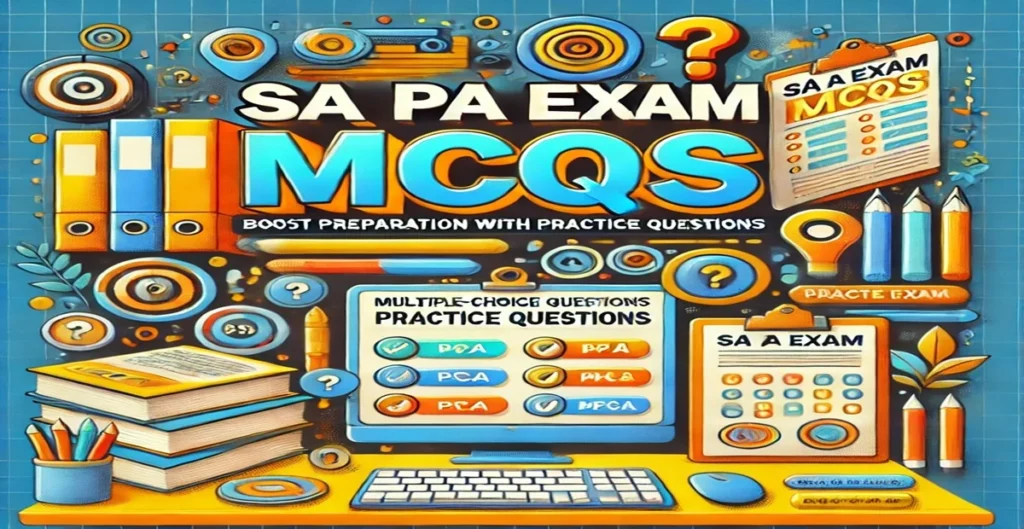Revenue Recovery Act 1890-Practice high-quality MCQs for the Inspector of Post Office (IPO) Exam covering key postal rules, procedures, and current schemes. Ideal for quick revision and accurate self-assessment based on the latest syllabus.
1.What is the effective date of the Revenue Recovery Act, 1890?
A) 14th January 1890
B) 14th February 1890
C) 1st March 1890
D) 30th October 1890
2.To which areas does the Revenue Recovery Act, 1890 apply?
A) Only to rural areas
B) All of India, including Jammu & Kashmir and Ladakh (w.e.f. 30.10.2019)
C) Only to the states governed by the Union Government
D) Only to urban areas
3.Who is defined as the “Collector” under the Revenue Recovery Act, 1890?
A) The head of the local police department
B) The chief officer in charge of land-revenue administration of a district
C) The judicial officer overseeing civil disputes
D) The government-appointed head of a state revenue board
4.If a defaulter has property in another district, who can send a certificate for recovery?
A) Any public officer
B) The Collector of the district where the defaulter resides
C) The Collector of the district where the arrear has accrued
D) The defaulter themselves
5.How can a person deny liability under the Revenue Recovery Act?
A) By filing a complaint in the local police station
B) By paying the amount under protest in writing
C) By challenging the charge in a local court
D) By refusing to acknowledge the demand for payment
6.What is the next step if a person pays the amount under protest but still denies liability?
A) The case is closed, and no further action is taken.
B) The defaulter can file a suit in a Civil Court to recover the amount paid.
C) The Collector automatically cancels the recovery.
D) The payment is considered final, and no recovery will take place.
7.What is the purpose of a proclamation under Section 6 of the Revenue Recovery Act?
A) To advertise the defaulter’s case in the local newspaper
B) To prohibit the transfer or charging of the defaulter’s immovable property in the district
C) To provide a public announcement of the Collector’s authority
D) To begin the legal proceedings against the defaulter
8.What happens to private transactions (e.g., sale, gift, or mortgage) of the defaulter’s property after the proclamation is issued?
A) They remain valid if the defaulter’s interest is not affected
B) Such transactions are valid until the property is sold by the government
C) These transactions are void against the Government and any purchaser
D) The transactions are valid only if the defaulter is not in jail
9.What is the method for issuing a proclamation under Section 6 of the Revenue Recovery Act?
A) By sending written notices to the defaulter’s neighbors
B) By posting a copy near the property and proclaiming by beat of drum or other customary methods
C) By publishing it in national newspapers
D) By sending a direct letter to the defaulter’s attorney
10.What is the effect of local laws related to revenue in relation to the Revenue Recovery Act, 1890?
A) Local laws override the provisions of the Revenue Recovery Act
B) Local laws are overridden by the Revenue Recovery Act
C) The Revenue Recovery Act does not override local laws relating to revenue
D) Local laws are only applicable if the government agrees
